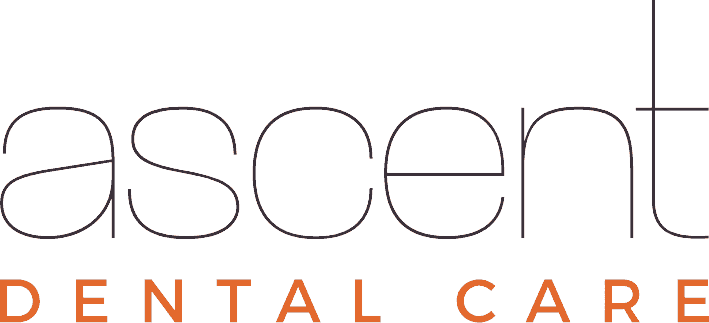What to expect from your dental check-up
A dental check-up is by far one of the most common procedures carried out at a dental clinic. Afterall, it is a check-up which can lead to the finding and diagnosing of other problems. Most people think a check-up is a quick look at the teeth, but it is far more than this. In our latest article we’ll take a closer look at what happens during your routine dental exam.
Dentists recommend that you receive a check-up every six months. Despite this many people don’t and plenty are not even registered with a dentist. As a new patient and before your first see a dentist, one of the first things you are likely to be asked is to fill in a form detailing your particulars, including any medical history or important information. This will give the dentist and the team the best approach to tailor your treatment for you, including anything they need to look out for. If your health changes or you get any new symptoms, then it is important to keep the dental team aware of this, as you will find you will get the most from your visits if your full medical picture is known.
Once you are in the chair, you will receive a full oral exam. A number of instruments will be used during your exam. These shouldn’t hurt and won’t be anything to worry about, but will allow the dentist to look at the following:
* The areas which are often difficult to see with the unaided eye – the back of the mouth, or behind the teeth for example.
* An examination of the dentin and tooth enamel.
* A measurement around your gums to check for signs of gum disease.
The dental exam will then continue with a general look at your mouth and neck area – both inside and out. Dentists will look for any signs of redness, swelling or inflammation inside the mouth and advise you accordingly. Your dentist will access your jaw area to check that you have an even bite force. Problems with biting / chewing can be caused by misaligned teeth while teeth grinding can also be a problem if the bite is not smooth and normal. Finally, the dentist will further examine the mouth and neck area to check for signs of oral cancer. This is often something that a lay person can struggle to detect so receiving your regular check-up is important for this.
If you are new to the practice or haven’t had any for some time, it is likely that the dentist will request that x-rays be taken of your mouth. This will give them a better picture of ‘what lies beneath’ the surface with the x-rays showing both what can and can’t be seen with the eye. This makes detecting potential problems much easier. Some people worry about the radiation, but dental x-rays emit very little radiation and should be no cause for concern. If you are pregnant however, x-raying is discouraged unless an emergency, so be sure to let the dental team know.
Dentists will then give you time to ask any questions or talk through any issues you may be having, and there will be the chance to discuss preventative advice allowing you to continue to main good oral health and practices.
Dental check-ups will then be followed by a scale and polish which is usually done by the dentist or hygienist. We will look at this specifically in a later posting, but essentially all these parts make up the dental check-up.
As you may have gathered from reading, a dental check-up is more than just about the teeth and in some cases can be vital to discovering serious conditions and problems, as dental experts are trained to look out for a number of symptoms or issues which you may not even be aware of.
If you haven’t had a check-up for a while, why not contact us to join our practice and get yourself booked in?
